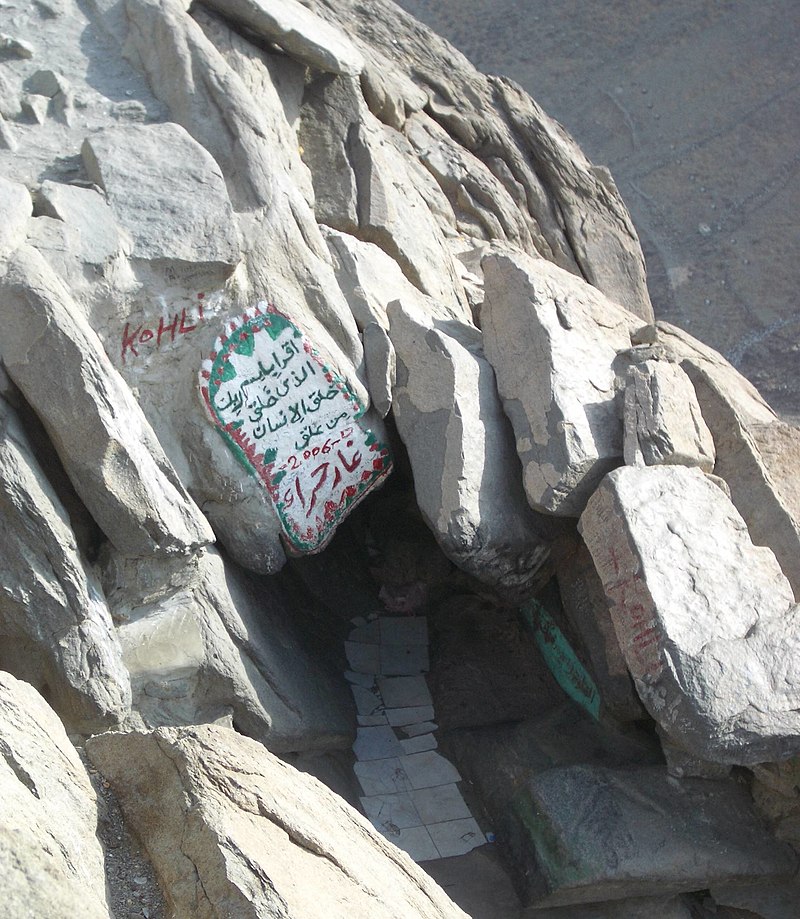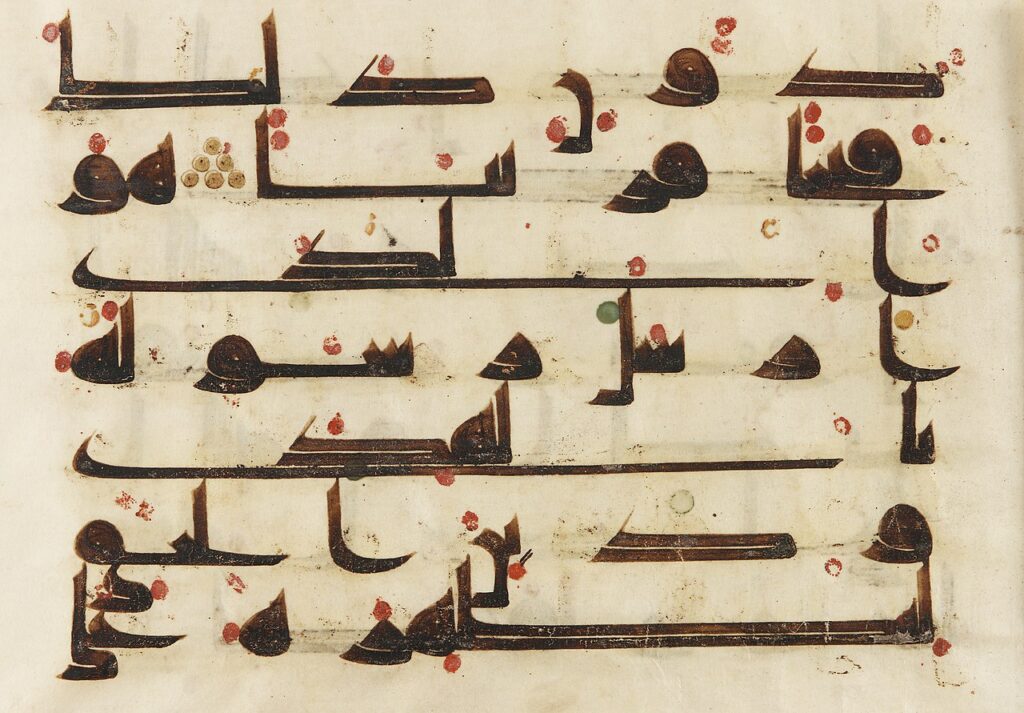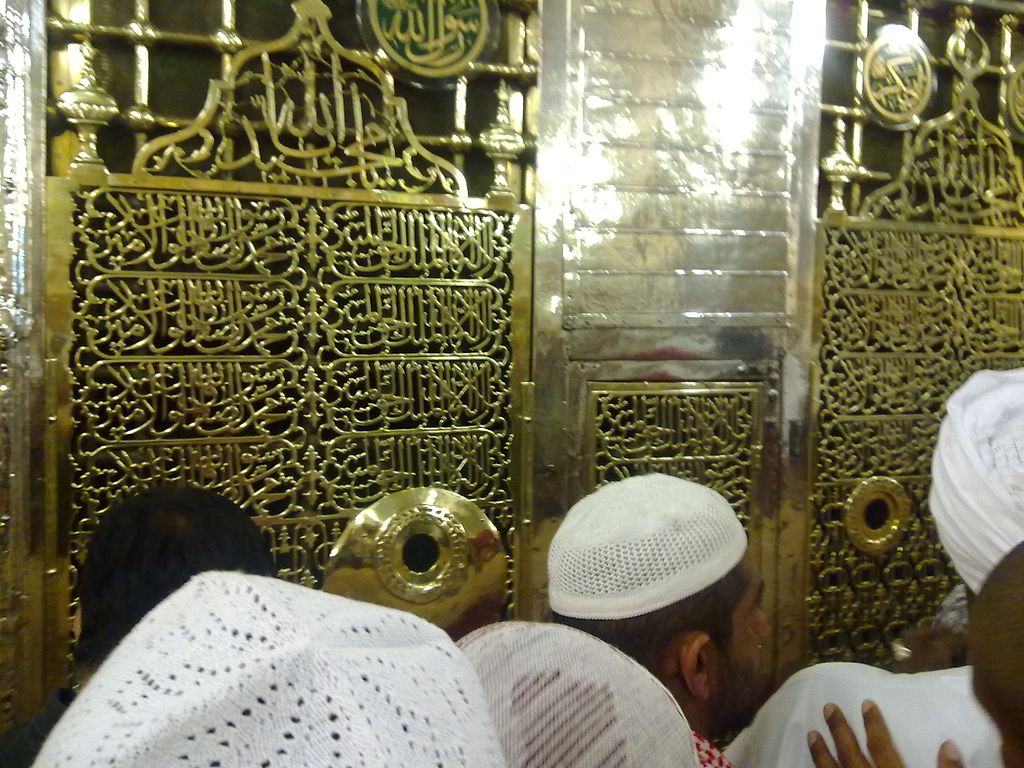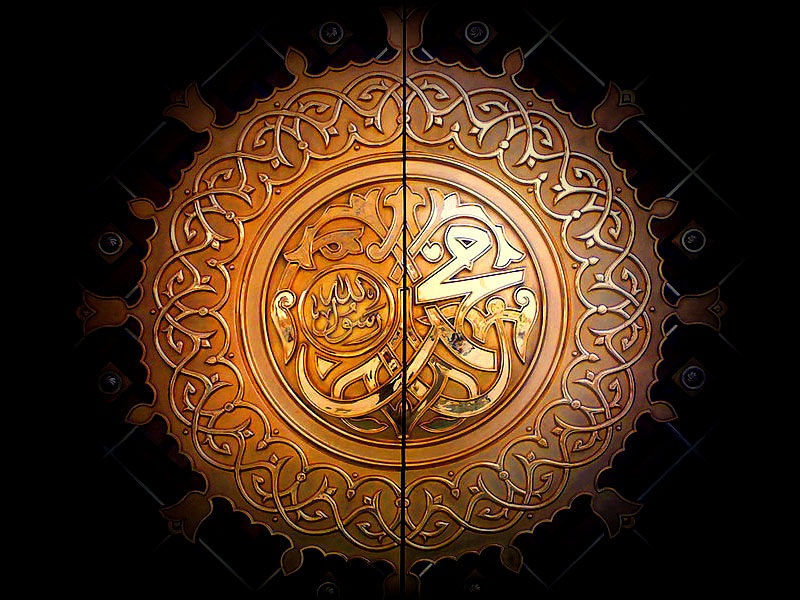The Life and Legacy of Prophet Muhammad (PBUH)
Prophet Muhammad (peace be upon him) is one of the most influential figures in history, shaping spiritual, social, and political dynamics across centuries. As the final messenger in Islam, he delivered the last revelation from God, known as the Quran. His life offers a timeless example of compassion, justice, humility, and dedication to God, inspiring over 1.8 billion people globally.

Early Life
Born in 570 CE in Mecca, present-day Saudi Arabia, Muhammad (PBUH) belonged to the respected Quraysh group. He lost both parents by the age of six, and his care was entrusted to his uncle, Abu Talib. Despite the early hardships, Muhammad earned a reputation for trustworthiness and honesty, which earned him the nickname “Al-Amin” (The Trustworthy).
As a young man, Muhammad worked as a merchant. His work with Khadijah, a wealthy widow, marked a pivotal chapter in his life. Their partnership in business blossomed into marriage, with Khadijah being the first to embrace and support Muhammad’s prophethood.
The First Revelation
At the age of 40, Muhammad (PBUH) retreated to the Cave of Hira for reflection and meditation. There, the Angel Jibril (Gabriel) delivered the first revelation from Allah (God). This moment marked the beginning of Muhammad’s mission as the last prophet. These revelations, compiled into the Quran, emphasized the oneness of God and the responsibility of humanity to live righteously. For the next 23 years, these divine messages would guide the Prophet’s mission to lead humanity to monotheism and justice.

Challenges in Mecca
The message of Islam encountered significant resistance from the Quraysh, who feared losing their political and economic power. For over a decade, the early Muslims faced persecution, boycotts, and social rejection. Despite these hardships, Prophet Muhammad (PBUH) continued his mission with patience, wisdom, and perseverance, preaching the message of Islam and advocating for justice and moral integrity.
The situation took a significant turn when Prophet Muhammad (PBUH) and his followers migrated to Yathrib, later known as Medina, in 622 CE. This migration, known as the Hijra, marked the beginning of the Islamic calendar and offered a fresh chapter for the Muslim community.
Building the First Islamic State in Medina
In Medina, Muhammad (PBUH) became not only a spiritual leader but also a political and social reformer. He laid the foundations of the first Islamic state, governed by principles of equality, justice, and communal welfare. The Constitution of Medina, written under his guidance, is regarded as one of the earliest examples of a written constitution, defining the rights and duties of Muslims, Jews, and other religious groups living in the city.
Under his leadership, Medina flourished as a community of justice, where rights were protected, and the marginalized were uplifted. Prophet Muhammad (PBUH) emphasized brotherhood, charity, and kindness toward all people, regardless of their faith or social standing.

The Conquest of Mecca
In 630 CE, after years of conflict with the Quraysh, Prophet Muhammad (PBUH) returned to Mecca. He entered the city not in a spirit of revenge, but with forgiveness and mercy. He declared amnesty for the people of Mecca, including those who had opposed him. The Kaaba, the holiest site in Islam, was cleansed of idols, and Mecca was established as the spiritual center of Islam.
His Final Sermon and Enduring Legacy
During his final pilgrimage to Mecca in 632 CE, Prophet Muhammad (PBUH) delivered his Farewell Sermon, one of the most significant speeches in Islamic history. In this sermon, he reaffirmed the key principles of Islam, including the equality of all people, the sanctity of life, and the mutual responsibilities of individuals in society. He declared that there would be no prophet after him, solidifying the completeness of his message.
Shortly after this momentous event, Prophet Muhammad (PBUH) passed away, leaving behind a profound spiritual legacy and a comprehensive guide for living a just, compassionate, and meaningful life. His teachings continue to guide Muslims around the world.
Muhammad’s Character and Teachings
Prophet Muhammad (PBUH) is admired not just for his leadership but for his character. He demonstrated exceptional humility, generosity to those in need, and kindness toward all, especially the oppressed. He championed the rights of women and marginalized groups at a time when such advocacy was uncommon. His rules for fair treatment of slaves and his encouragement to seek knowledge reflect his vision of a just society.
His leadership style was consultative and inclusive, emphasizing justice, tolerance, and social harmony. Prophet Muhammad’s (PBUH) life remains a powerful example of moral excellence, and his legacy continues to inspire people from all walks of life, regardless of gender, race, or background.

Through their practice of Islam, Muslims around the world strive to emulate his life and uphold the principles of justice, compassion, and devotion to God. His enduring legacy continues to shape the lives of millions and will continue to do so for generations to come.
